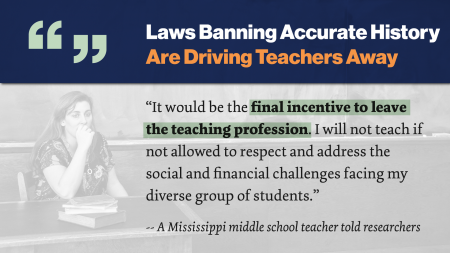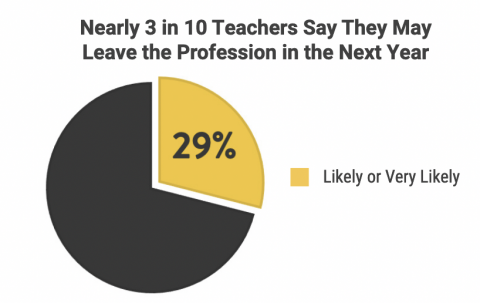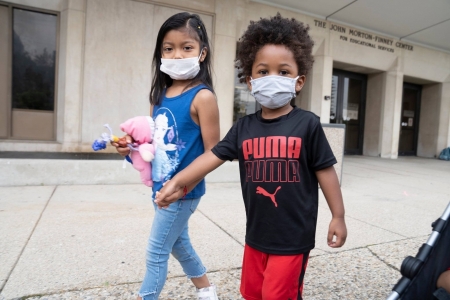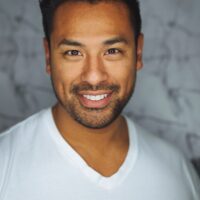Black History Month has always had its detractors. Since its widespread emergence in America’s schools in the 1970s, there have been people scattered across the country who despise that children in their communities have a designated opportunity to learn about the resistance, resilience and remarkable talents of Black Americans. But it was never a nationwide movement — until now.
From parents citing Black History Month as “critical race theory” to school districts banning books about racism — including a book by Ruby Bridges, who at 6 years old became the first Black child to integrate an elementary school in the South — it is clear that there’s an outspoken and determined movement afoot to erase the profound impact of Black Americans in U.S. history.
PEN America has laid out the numerous educational gag orders being pushed forth by state legislatures and school boards in this excellent op-ed that highlights how Black History Month is under attack.
As someone who can still remember how validating and inspiring it felt to finally see myself represented among the historical heroes and story book characters we covered in class, I worry how today’s students must feel: “What’s scary about learning about people who look like me?”
I ask that those of you who support the celebration of Black History Month speak up.
Don’t allow a loud, radical minority dictate what is taught in our nation’s public schools. If you value public education and believe a quality public education includes learning the truth about our country’s history of racism, slavery, and the civil rights movement — and not just during Black History Month, speak up.
What I always loved most about Black History Month was how it wasn’t just the history of violence and struggle. It was about celebrating art, scientific advancements, music, literature, and telling the full history of people who looked like me. All students benefit from that.



















